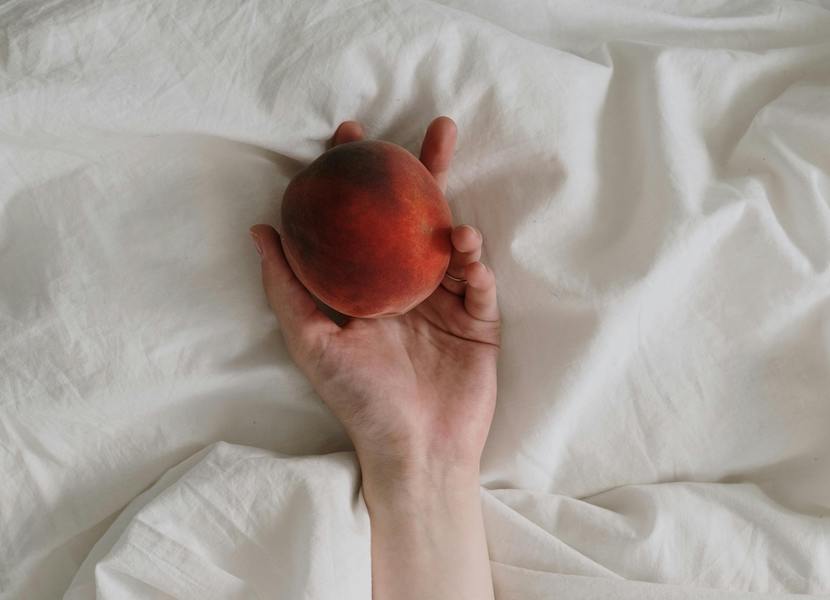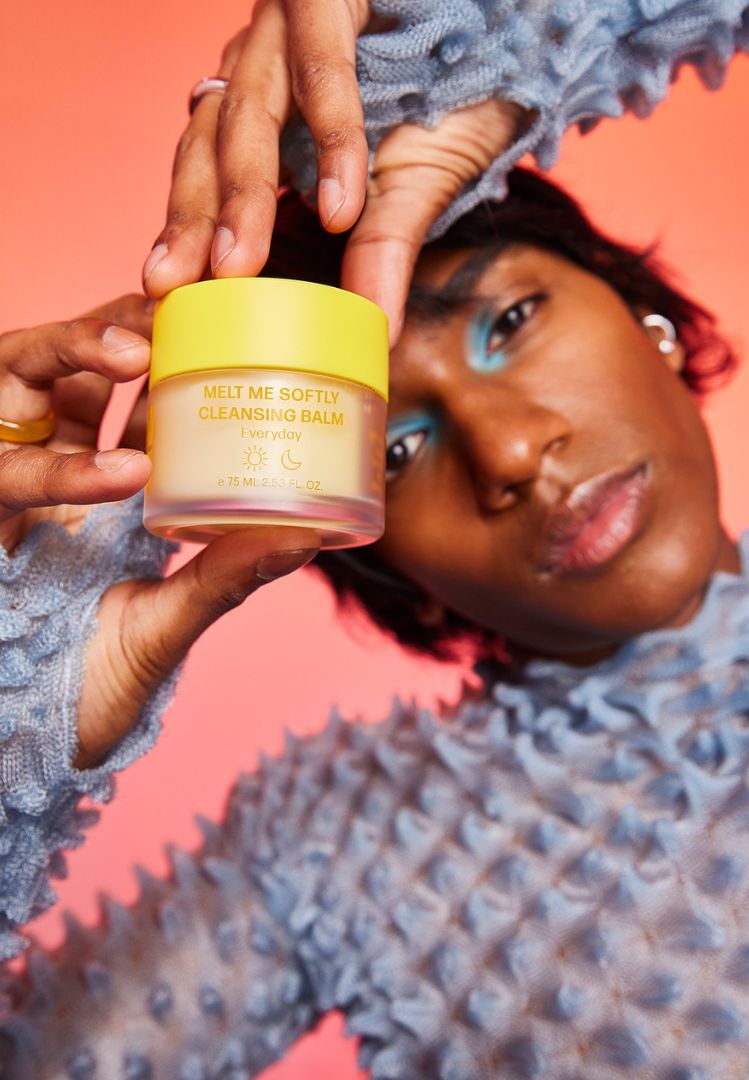Why do I bruise so easily? An expert explains
WORDS BY ZEMIRA WHITEHEAD
Like a ripe peach.
Have you ever woken up covered in unexplainable bruises? Perhaps your head is pounding and your mouth tastes like an ashtray, so you blame the blue and purple marks on your lack of coordination after one too many tequila shots the night before. I can’t deny that I’ve had my fair share of topples and tumbles on a night out, but what about when there is no booze-filled excuse?
Recently I found myself constantly covered in bruises with no idea where they were coming from. Although they weren’t causing me much pain, I felt embarrassed to have my bare legs showing. Friends would point out the bruises and quiz me about where they’d come from and when I couldn’t give them an answer their concern was palpable.
For more health and wellness advice, head on over to our Health section.
To be fair, during this time I was moving house and as we all know, maneuvering heavy furniture up and down stairs and through tiny doorways can result in a decent amount of injuries. But this couldn’t be the only reason for the numerous bruises scattered across my legs as they continued to appear weeks after settling into my new home. So what was going on?
I took my concerns to naturopath Leila DiQuinzio, Co-Founder of the multidisciplinary Melbourne clinic, Aēsara Health. With a Bachelor of Health Science, 12 years of naturopathy experience and a specialisation in gut health, Leila was able to help me get to the bottom of my bruising problem.
Can you explain what’s happening when we bruise?
Bruising occurs when blood vessels underneath the skin become damaged and leak, allowing blood to pool. Initially, this typically looks reddish and changes colour to purple, blue, brown, green and/or yellow as the body processes it. Usually, this is triggered by a trauma to the skin like bumping yourself or falling.
I’ve been covered in unexplainable bruises lately. Can you provide any insights into why someone might bruise more easily?
There are quite a few causes for easy bruising. Nutrient deficiencies and poor gut health preventing nutrient absorption are common factors. Women are more at risk of iron deficiency anaemia due to menstrual bleeds [and] bruising can be a symptom of deficiency as iron is required for healthy red blood cells and oxygenation of the blood… Vitamin K is involved in healthy blood clotting and is mostly found in green vegetables such as broccoli, spinach, cabbage and cauliflower. It requires beneficial gut bacteria to turn it into its most useful form (K2).
For this reason, substances that alter the gut bacteria can potentially contribute to lower levels of K2 and problems with clotting. This includes alcohol, antibiotics and the contraceptive pill. Vitamin C is required to produce collagen which contributes to strong blood vessels. Bioflavonoids are nutrients that also contribute to blood vessel integrity, strengthening capillaries. These are found in brightly coloured fruit and vegetables. Vitamin A, zinc and copper are also required to produce collagen. Without adequate levels of these, the skin and blood vessels may be thinner and more prone to breaking and bruising.
Certain medications like aspirin, ibuprofen and corticosteroids can thin the blood and contribute to easy bruising. Certain supplements can have a similar effect, like ginkgo, ginger, turmeric, garlic, high doses of vitamin E and fish oil. Easy bruising can also be a sign of histamine issues. Histamine and oestrogen are very connected, driving each other, so menstruating women are more likely to experience symptoms of histamine intolerance…
Is there a link between alcohol and bruising easily?
There are a few reasons a night of alcohol can contribute to easy bruising such as its high levels of histamine, particularly wine and champagne. Dehydration can increase inflammation, leading to dry, dull, puffy skin with reduced elasticity, which makes it more prone to bruising. Alcohol is a vasodilator, meaning it expands the blood vessels, making them more prone to breaking from lighter bumps than usual. And it interferes with platelet aggregation (clotting), thinning the blood and making bruising more likely. All of this combined with poor coordination can be a recipe for bruising!
What are some signs or symptoms that might indicate a more serious health issue?
Bruising is more common on legs and arms from bumping into things, however, bruising which appears in more unusual places like the face, chest or back without being provoked may be cause for concern. Bruises that don’t seem to be improving within a week, or are unusually large, increasing in size or keep returning [are a concern]. When there is easy bruising we are looking for other signs and symptoms of an inability to clot properly which might point to more serious underlying issues like bleeding or platelet disorders.
These might include blood noses, bleeding gums, heavier menstrual bleeds or very large clots, blood in the urine or stool, or difficulty stopping bleeding after minor injuries or minor surgeries (like dental). If you are experiencing these issues accompanied by your bruising, it is important you pay a visit to your doctor, particularly if you have a family history of bleeding disorders. A doctor will also be able to help you figure out if there are concerns about any other conditions such as liver disease, vasculitis, cancer, abuse, lupus or Cushing’s disease.
Finally, could you share any additional insights or advice for our readers who may be dealing with easy bruising?
Firstly, consider if your diet is well-balanced and contains the nutrients mentioned. Fried foods, fast food and processed foods contain trans fats and additives which can contribute to inflammation. Excessive sugar and gluten can also contribute to poor gut health and inflammation, and prevent healing. Topically, arnica cream or oil is a well-known herb for helping to resolve bruising. Apply twice daily [and]do not use on broken skin. Consider seeing a health professional to help assess whether poor nutrient intake, poor gut health or histamine issues could be a contributing factor.
You can find out more about Leila’s work here.









